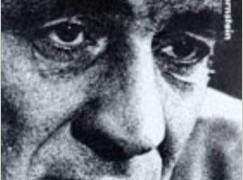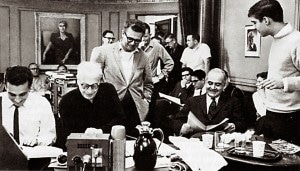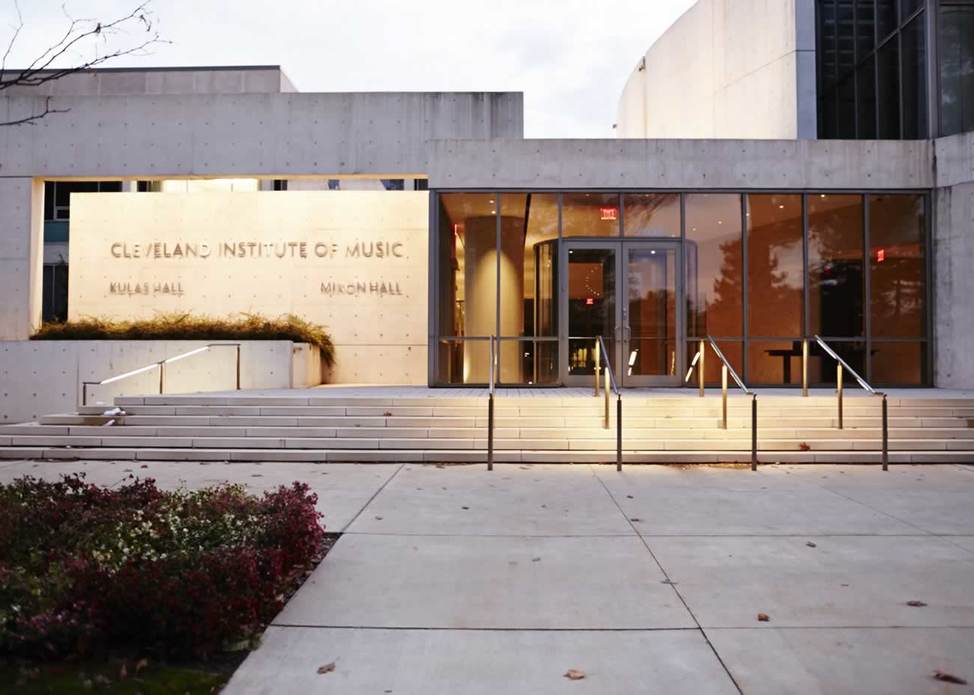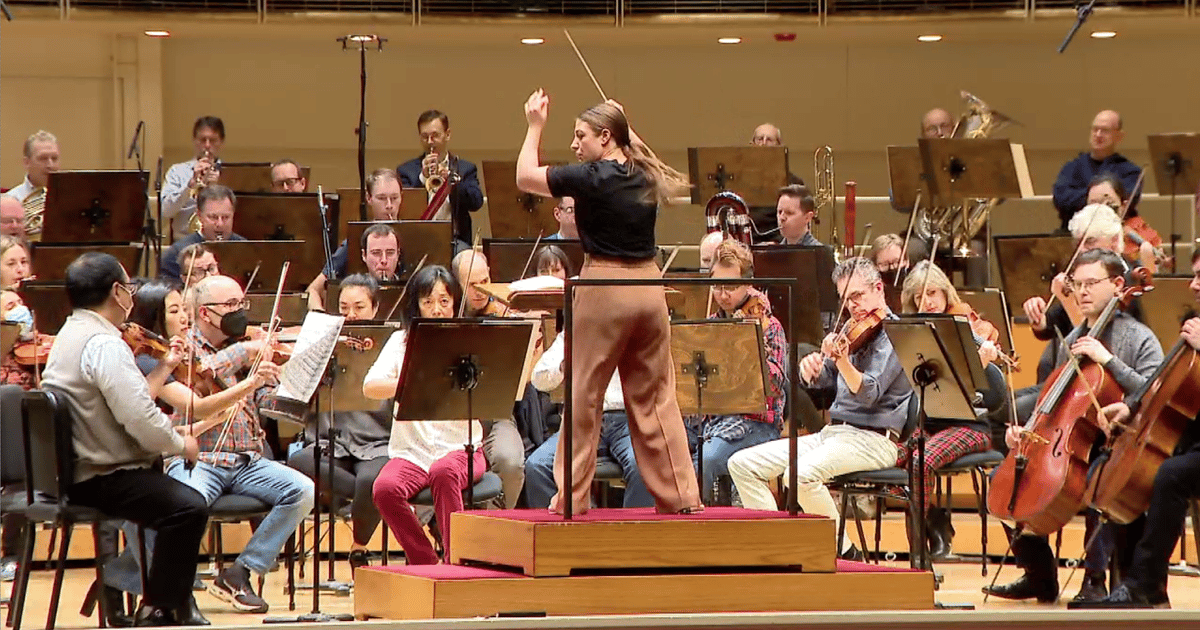A classical record master has died
mainDistressed this morning to receive news of the death on Friday of Paul Myers, an engaging character who was head of CBS Masterworks and, later, a driving force at Decca. Urbane, engaging and vastly well informed, Paul was a man of the world in the manner of his CBS role model, Goddard Lieberson. He helped me with much background when writing my history of the classical record industry and I commissioned from him an outstanding, intimate and critical biography of Leonard Bernstein, with whom he worked and clashed for many years.

As a very young man, Paul was a civil servant – principal private secretary to the prime minister of Rhodesia (now Zimbabwe), where one of his duties was to make sure no snakes and rhinos invaded the Cabinet Room. Passionate about symphonic music, he was recruited by Epic Records to produce Georg Szell and the Cleveland Orchestra. Unlike many others, he tapped into great warmth and affection in Szell and maintained his contract through years of poor sales.
As head of Masterworks, he recruited Lorin Maazel from Decca and scored massive successes with the young guitarist John Williams, wih Murray Perahia and Yo Yo Ma. After upeavals at CBS (you can read about them in The Life and Death of Classical Music) he returned to England and worked for Decca. When that label went into tailspin, he was responsible for a vertical rise in production standards at Naxos.
Constrained by kidney failure in later years, he was sustained by a happy marriage and a sea-view retirement on the English south coast. Paul was 83, bless his memory.

photo: producer Paul Myers, Szell, Cleveland concertmaster Rafael Druian (standing), Samuel Barber, and soloist John Browning





A very nice man and a real pillar of the serious recording industry at a time when music took precedence over commerce. Rest in peace.
Well, I think Paul Myers questioned how many more Beethoven cycles we needed. We really needed (and still need) every great interpreter of this music recorded, regardless of what (or where) they conducted. As for his Cleveland recordings, they were OK, but they tended to have an unnatural edge that the Telarcs (also early digital) didn’t always have. When Michael Woolcock made those 90s Wagner operas in Cleveland – despite the singers, etc. – they were some of the most natural recordings to come from Cleveland aside from Telarcs. I realize that the musicians probably liked to work with certain producers – there are always other reasons, but comparing these recordings to what was achieved in Montreal, Concertgebouw, etc. – or even what was achieved in the analog era, like the Maazel Prokofiev or Respighi – Myers’ recordings were sonically the inferior. There was also working in Masonic Auditorium vs. Severance Hall – but great recordings had been made in both by the time he was with Decca.
I’m happy the recordings were made at all – for that he is to be commended. He succeeded in giving some idea of what something sounded like (or would sound like) in concert – and that’s the best anyone can do. But not all Decca recordings were created equal – and when there were great Decca recordings (which are some of the greatest), one wished that was the case everytime with every recording.
On a classical recording session, the person in charge of the technical side of the sound recording is the recording engineer (sometimes called ‘balance engineer’). The recording producer is responsible for the musical and artistic elements. There is, or should be, a close understanding between the two. Ultimately, the producer is dependent upon the skill of the engineers. So, to criticise a producer for the audio quality of a recording is not really fair. Compare his Columbias to the recordings Paul Myers produced at Decca. Paul and the top Decca balance engineers such as John Dunkerley collaborated beautifully, creating recordings that faithfully served the music and the artists they were recording.
I am so glad to have known Paul Myers and so sad to hear of his death after his long illness. When Paul joined Decca, I already knew his name as the producer of some of the finest Columbia recordings and expected a rather grand figure. It was a delight to get to know this civilized, rather quiet and gentle man with a refined and broad musical sensibility. Paul became a good friend and colleague and I learned much from listening to him talk about the music and musicians he was devoted to. He was great company: I only wish I had noted down some of his wonderful anecdotes (both publishable and unpublishable!). In our later freelance years I had the pleasure of working with him on projects in London and Prague – when you had Paul on board you knew all would turn out well.
These are old comments, but if you have a chance to reply, may I ask, of Severance Hall and Masonic Auditorium in Cleveland as recording venues which of the two locations was considered disadvantageous and why?
Very sad news indeed. With all due respect to Humphrey Burton, Myers’s Bernstein book is fascinating.
I worked with Paul as a colleague and valued him enormously. what a very sad loss – one of the very last ones to have lived through the years when the classical recording industry made enormous contributions to everyone’s cultural life.
Farewell to a warm, kind, totally professional recording producer with discriminating taste and a fine ear. Paul was audio producer on Gilbert and Sullivan videos I directed in 1981 and became a real friend. It was “only” G&S … but his skill and dedication were just as if it were George Szell conducting Richard Strauss.
Farewell to a dear friend. Paul will live on through his outstanding recordings and for being one of the nicest, most sincere and genuine people in the music business. I feel privileged to have known and to have enjoyed a long and beautiful friendship with him many years ago, and will remember him for the wonderful person that he was. Heartfelt condolences to his widow Janet and all the family.
I was very lucky to have been in the record business in the 70’s/80’s. It was one of the best times and Paul was one of a few who made it a truly great time.
Sad news indeed. I had the pleasure of working with Paul for eight years at Decca where I was a technical engineer although I first came across his name whilst still at school in the 70s as he had produced the “Switched on Bach” records (CBS) played on a Moog synthesiser. Wonderful company and a supportive colleague.
I have found a striking b/w photograph that I took of Paul from the late 1980s which I used when publicising his compelling thrillers set in the musical world. If Norman L or anyone else would like a hard copy or scanned version, let me know and will be very happy to oblige.
I am so glad to have known Paul Myers and so sad to hear of his death after his long illness. When Paul joined Decca, I already knew his name as the producer of some of the finest Columbia recordings and expected a rather grand figure. It was a delight to get to know this civilized, rather quiet and gentle man with a refined and broad musical sensibility. Paul became a good friend and colleague and I learned much from listening to him talk about the music and musicians he was devoted to. H was great company: I only wish I had noted down some of his wonderful anecdotes (both publishable and unpublishable!). In our later freelance years I had the pleasure of working with him on projects in London and Prague – when you had Paul on board you knew all would turn out well.
… [Trackback]
[…] There you will find 36768 more Infos: slippedisc.com/2015/05/a-classical-record-master-has-died/ […]